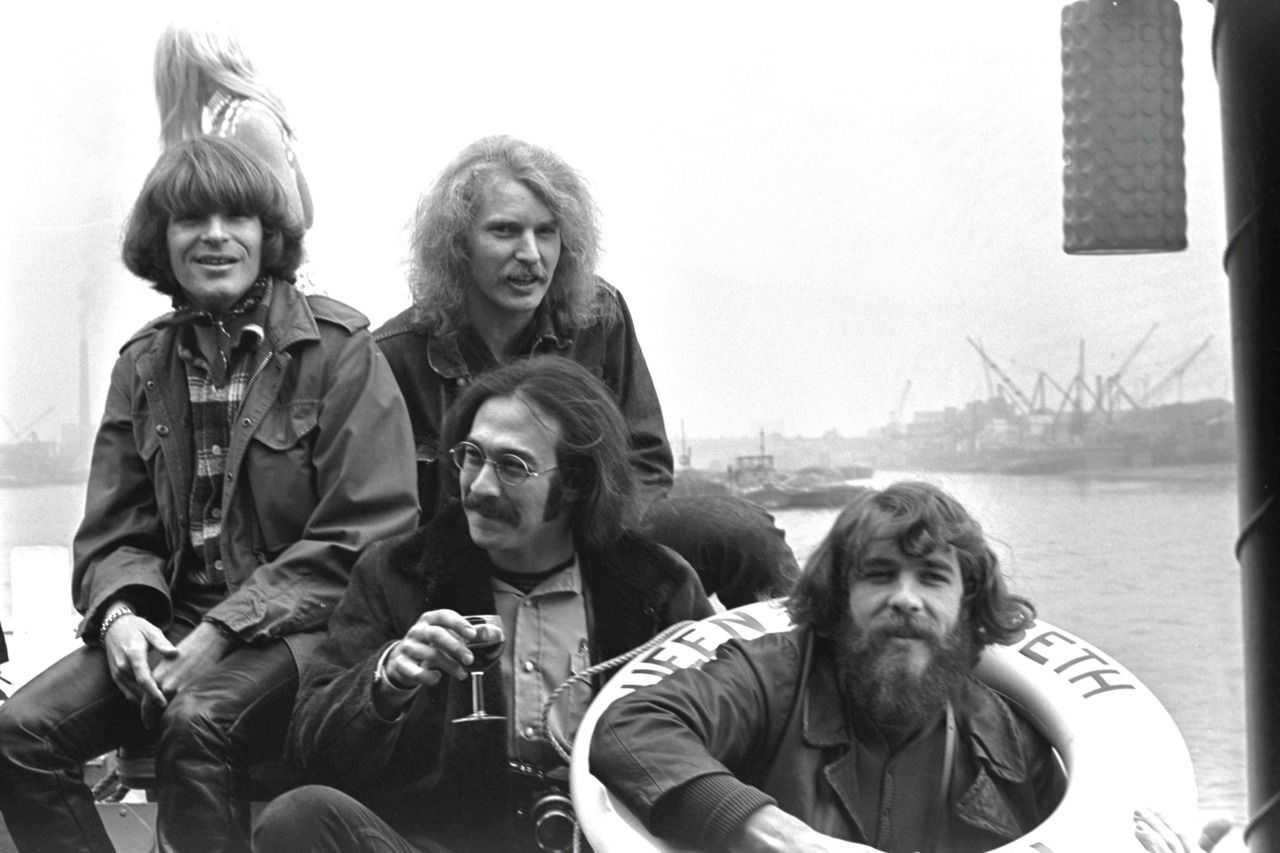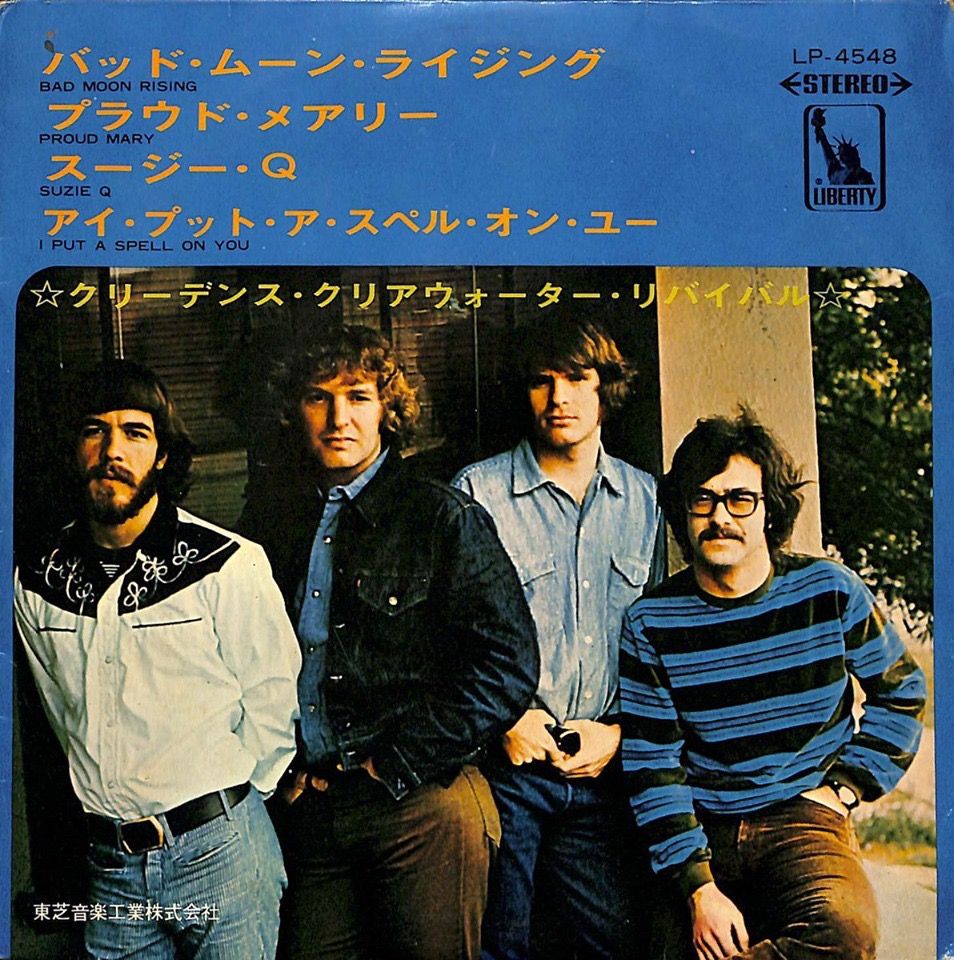
Nostalgia and Roots: The Heartfelt Journey of “Cotton Fields”
In the annals of American music, few bands evoke a sense of nostalgia quite like Creedence Clearwater Revival. Their music, characterized by a blend of rock, blues, and country, has left an indelible mark on the hearts of many. Among their impressive repertoire lies the heartfelt rendition of “Cotton Fields”, a song that resonates with themes of memory, roots, and the passage of time.
Originally penned by folk legend Huddie Ledbetter, better known as Lead Belly, “Cotton Fields” is a song steeped in history. It paints a vivid picture of the American South, capturing both its beauty and its hardships. When Creedence Clearwater Revival released their version in 1969 as part of their album Willy and the Poor Boys, it was more than just a cover; it was a revival of the song’s deep emotional core.
Upon its release, “Cotton Fields” quickly climbed the charts, securing a spot on various international rankings. While it enjoyed moderate success in the United States, it found particular resonance in Australia and parts of Europe, where its earthy tones and poignant lyrics struck a chord with listeners. This cross-continental appeal speaks to the universal themes embedded within the song—nostalgia, belonging, and a yearning for simpler times.
The story behind “Cotton Fields” is one of connection to one’s roots. Lead Belly originally wrote the song as an homage to his upbringing in Louisiana, capturing the essence of life amidst sprawling cotton plantations. His lyrics are simple yet profound, evoking images of a childhood spent under the Southern sun. When Creedence Clearwater Revival took on the song, they infused it with their signature swamp rock sound, adding layers of depth while preserving its original sentiment.
For many listeners, “Cotton Fields” serves as a vessel for personal reflection. Its melody transports them back to days gone by—perhaps to memories of family gatherings or long summer afternoons spent outdoors. The song’s chorus, with its repetitive plea for homecoming, echoes the universal human experience of longing for familiarity and comfort.
John Fogerty, the band’s frontman, brought his distinctive vocal style to the track, imbuing it with a raw authenticity that only he could deliver. His voice carries the weight of generations past, making each verse feel like an intimate conversation between old friends. This connection between performer and audience is what makes “Cotton Fields” so enduring; it’s not just a song but an invitation to reminisce.
Moreover, “Cotton Fields” highlights the band’s ability to transcend genre boundaries. Creedence Clearwater Revival was adept at blending elements from various musical traditions to create something uniquely their own. In this rendition, they honor Lead Belly’s folk roots while incorporating elements of rock and roll—a testament to their versatility and respect for musical heritage.
Listening to “Cotton Fields” today is akin to flipping through an old family photo album. Each note captures a snapshot in time, preserving moments that might otherwise fade with age. For older audiences especially, there’s an undeniable allure in revisiting these musical memories—a chance to relive experiences that shaped their lives.
In essence, Creedence Clearwater Revival’s version of “Cotton Fields” is more than just a cover; it’s a celebration of cultural legacy and personal history. It stands as a reminder that music has the power to bridge gaps between generations, offering solace and connection through shared stories.
As you listen to “Cotton Fields,” let its melody wash over you like a gentle breeze across open fields. Allow yourself to be transported back to your own cherished memories—to places where time moves slower and life’s simple pleasures take center stage. Through this timeless track, Creedence Clearwater Revival invites us all on a journey homeward—back to our roots and into the warm embrace of nostalgia.
